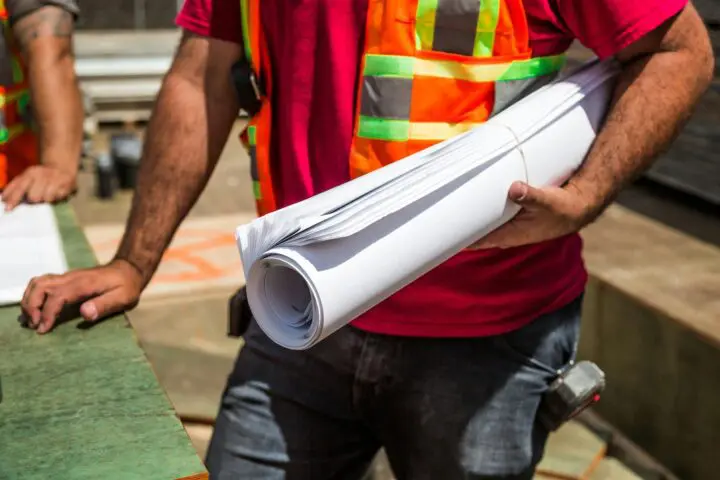The consultant behind the curtain
Conventional wisdom dictates that all successful construction projects have a great team.
Text

Conventional wisdom dictates that all successful construction projects have a great team. The project team is typically viewed as being the Client, Architect, and Contractor. However, other seldom discussed yet equally vital members of the team, are the Owner’s financial partners, which includes Lenders and Investors, along with their Construction Consultants.
At the heart of their responsibilities, the Construction Consultant bridges the gap between the various goals of project stakeholders. Whether it is stewarding the vision or mitigating the risk of the owners, investors, and lenders, the consultant provides prudent risk management and operates to align project conditions, terms, and documentation with the financial objectives. The true value of a consultant is informing the financial partners of project status and viability to ensure financing remains uninterrupted.
The process begins with the preconstruction phase, which includes a meticulous review of project documentation, associated costs, and team members’ involvement during construction. This involves a comprehensive examination of contracts, agreements, and other legal instruments that govern the project. By delving into the intricate details, consultants can identify potential pitfalls and discrepancies that may pose risks to the project’s success. This proactive approach sets the stage for effective risk mitigation strategies.
The consultant, when engaged early in the project timeline, can inform the team of the potential risk factors both before construction starts and once construction has commenced. The consultant is there to provide additional insight and assistance to project team members, especially those with limited construction experience.
A thorough due diligence review during the preconstruction phase is paramount in identifying possible risk factors and offering solutions to those risks before it is too late to correct them. Three major areas the consultant will review that have proven to be successful in identifying construction risks are the project time, quality, and costs.
- Project Time: Time management is crucial to meet deadlines and ensure timely project delivery. During the preconstruction phase, the consultant will review the project baseline schedule and compare it to historical data of projects with similar size and scope.
- Project Quality: Quality assurance is essential to meet industry standards and exceed stakeholder expectations. Project quality is primarily driven by the Professional of Record documentation and the level of oversight and administration of the construction process by the construction team. Throughout the construction phase, the consultant tracks approvals of the Professional of Record and regulatory bodies.
- Project Cost: Cost control is paramount to prevent budget overruns that can have a cascading effect on the project’s viability. A review and finalization of the total development and hard cost budget allows the consultant to track the project metrics, allowances, and contingencies through project completion.
The Construction Consultant not only adds direct value to the project’s Lenders and Investors but specifically to the Architect and Design Team. This unsung team member is, in essence, an extra layer of review comparing the project design to the Contractor’s schedule of values to identify any budgeting oversights that may occur, helping to limit change orders later in the project. Additionally, a review of the Client’s budget, which is not always available to the Architect, helps to ensure that preconstruction expenditures such as utility impact fees and sufficient design fees are accounted for, and that project contingency is adequate for eventual change orders and cost overruns.
The role of a consultant, representing the interests of a project’s partners, is indispensable in navigating the complexities of project development. From the preconstruction phase to the construction phase, these professionals bring a wealth of expertise to the table. By aligning project conditions with financial objectives and proactively identifying and mitigating risks, consultants ensure the success and sustainability of projects. A Construction Consultant’s contribution goes beyond mere oversight, as it is a strategic partnership that safeguards investments and facilitates the realization of project goals.
About the author:
Moran Consultants is a nationally recognized construction consulting firm with services ranging from initial due diligence assessments to construction loan monitoring to owner’s representation. With more than 250 years of combined experience, they mitigate the risk of investments for lenders, syndicators, investors, and owners while adding value to the whole project team.
More on Professional Practice & Risk & Small Firms

LegaLine
Legal ▪ Professional Practice ▪ Risk ▪ Small Firms
Self Assessment Tests (SATs)
Firm Management ▪ Professional Practice
Employee Benefits Help Maintain Firm Success
Firm Management ▪ Life & Health ▪ Small Firms ▪ Article ▪ Newsletter